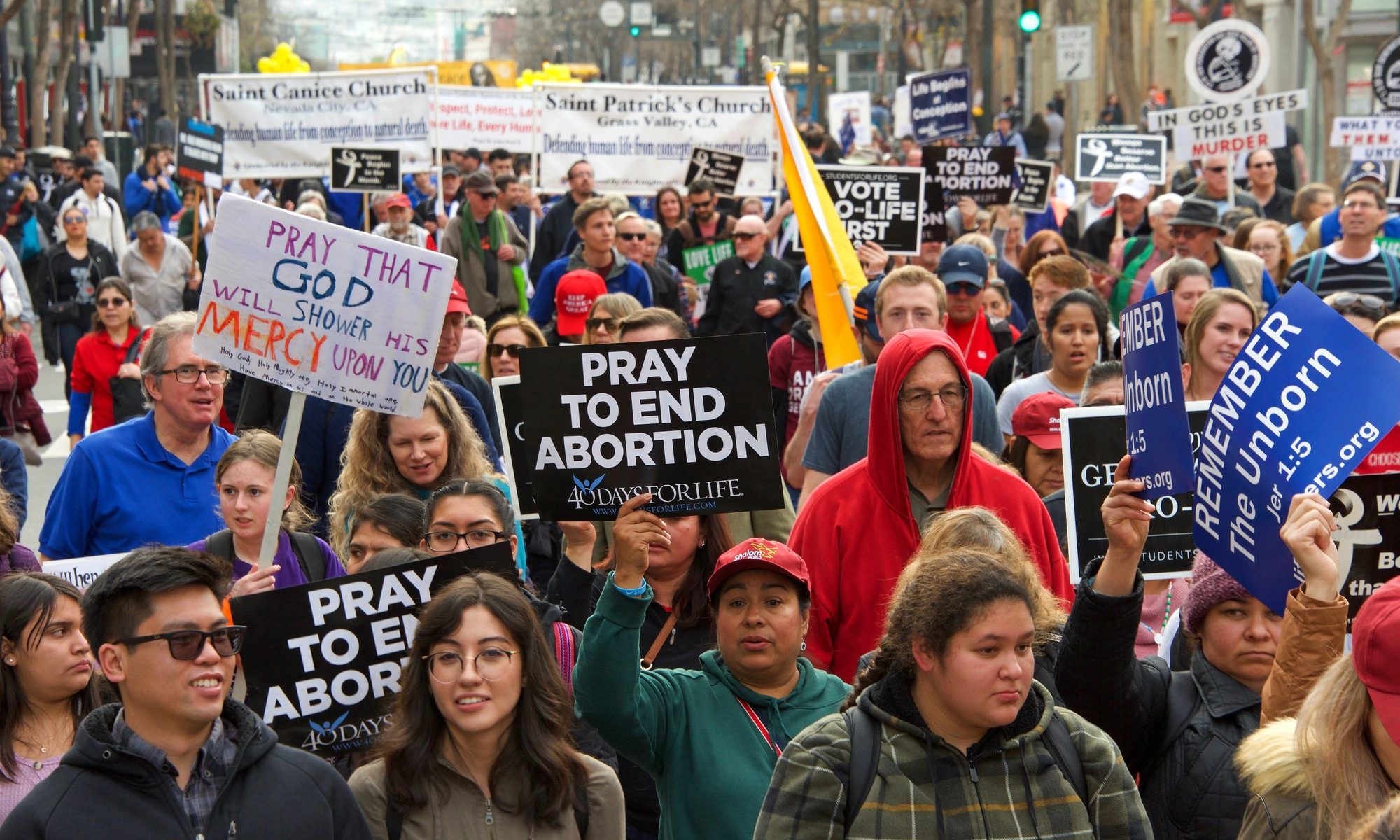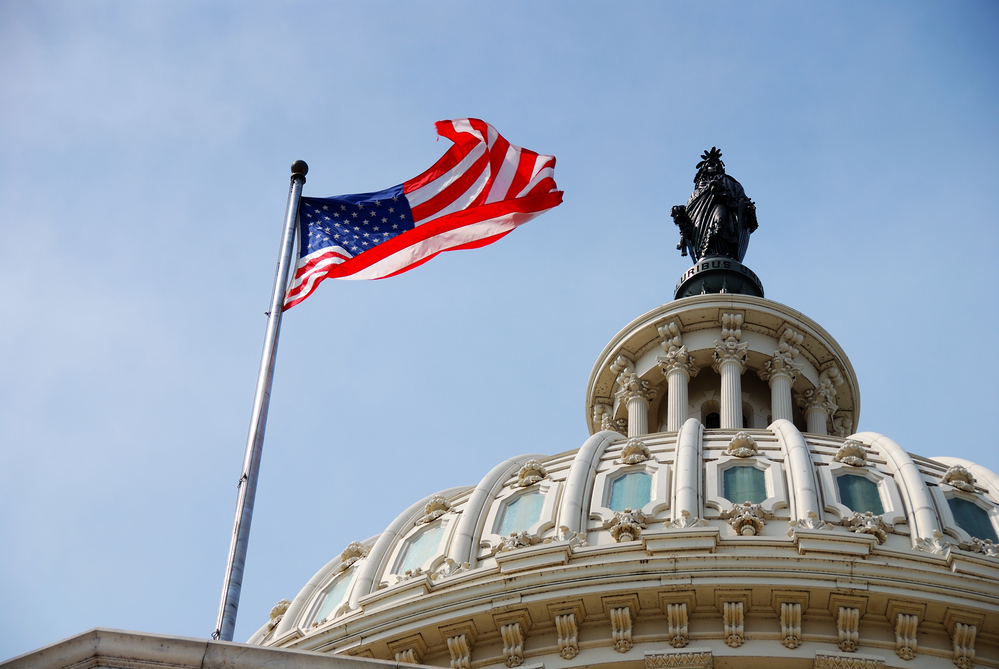In my previous column, I tried to demonstrate that some concepts in the abortion debate, namely, the concept of moral personhood and potential lives, are often underexplained. When we analyze these concepts, we find that they are ambiguous and our attempts to define them may significantly shape our views about abortion.
The concepts I focused on previously were strictly about debates regarding whether abortion is immoral. Today, I want to change my focus and strictly consider concepts that apply directly to debates about whether or not abortion ought to be legal.
The Purpose of the Law
A common refrain among advocates of reproductive choice is that you cannot eliminate abortions by outlawing them, you merely eliminate safe abortions. Indeed, some data even suggest that banning abortions does not reduce their occurrence.
So advocates of reproductive choice instead claim that, to minimize abortion, we should favor policies that enable things like easy access to contraception and comprehensive sex education.
In other words, we reduce the number of abortions by reducing the number of unwanted pregnancies.
What’s so odd about this argument is that it should be effective. If one’s goal is to eliminate as many abortions as possible, then surely one should implement the policies that reduce it and minimize the harm they produce when one inevitably occurs. Yet this argument seems to have little, if any, purchase with anti-abortion advocates. Why might this be?
To demonstrate what’s going on here, consider a thought experiment. Imagine that we lived in a society where murder was never formally outlawed. Despite this, the murder rate has never been higher than that found in other nations – the fear of social sanction and our general apprehension towards harming others have kept most people in check. Yet our lack of anti-murder statutes has been something of a national embarrassment. You decide to join a campaign to make murder illegal.
Suppose you’re canvassing as part of the campaign. You knock on my door. I open it and listen to your spiel. However, part way through I begin to shake my head and say the following:
“No, no, no. You’ve got it all wrong. We should simply invest in conflict mediation, anger management, and self-defense courses. This is how we prevent murder.”
There’s something head-scratching about my response. You do not want murder to be illegal merely to reduce its occurrence. Rather, you seem to be motivated by a concern for what murder being legal says about our society.
How can we explain this discrepancy? Declaring something as illegal accomplishes (at least) two things. First, it coerces people to avoid doing it. In this regard, the success of a law is determined by the law’s consequences. Prohibition of alcohol in the United States was a failure due to its consequences; it led to organized crime and did not prevent drinking.
Second, declaring something as illegal sends a message. Namely, it sends the message that some particular act is unacceptable. Call this the law’s expressivist content. For instance, in Texas v. Johnson, the Supreme Court considered the constitutionality of a law outlawing the burning of a U.S. flag. Surely, the reason for this law was not to curb the negative consequences of burning the flag. Rather, the law was created to send a message: “desecrating” objects like the flag is unacceptable.
Now we can see why arguments appealing the consequences of outlawing abortion ring hollow to anti-abortion advocates.
Their concern isn’t about the consequences of whether abortion is legal. Instead, their concern seems to be primarily about the expressivist content of allowing abortions.
They view abortion as a grave moral ill and, thus, object to the tacit endorsement of abortion as acceptable that is communicated by the procedure remaining legal.
This last point, however, may come too swiftly. Even here this argument may be collapsing a significant difference together. The argument uses a moral claim and infers a legal claim from it. But this does not necessarily follow.
Morality & Legality
Even though we often justify our laws on the basis of morality, morality and legality often come apart. For instance, few would think you did something seriously wrong if you, after checking carefully, ran through a red-light at 2 AM with no other drivers on the road. However, you would be doing something illegal. One might argue that tobacco companies engage in an immoral practice by selling their products – they knowingly sell goods that are physically addictive and cause serious harm to the customers. Yet, unless a tobacco company is violating regulations, they are not acting illegally.
But why allow for this difference? Why shouldn’t our laws wholly overlap with our morality? First, the law may appeal to factors that morality does not consider. For instance, laws often consider the costs and effects of enforcement. Most think that lying for selfish purposes is immoral. But enforcing a law against this would be disastrous – it would require huge disruptions of our personal lives, it would result in citizens having to report suspected liars to the police, and a very large amount of money spent on investigating these allegations.
Further, the law is (or ought to be) concerned about citizens’ ability to endorse it and justify it to others. The philosopher John Rawls introduces two concepts which are helpful to consider here: what he calls overlapping consensus and public reason.
Overlapping consensus is reached when citizens in a country are able to endorse the same laws for their own personal reasons, even if those personal reasons differ.
Consider again murder being illegal. This is a law that anyone can endorse – Abrahamic religions have commandments against killing, Buddhists think there is a general prohibition on violence, Atheists may think that murder is bad because of the suffering it causes, etc. Despite having different reasons for accepting the law, each endorses it as legitimate. Thus, overlapping consensus has been reached.
While overlapping consensus deals with our private reasons for endorsing the law, the concept of public reason deals with how we persuade others in political debates. According to Rawls, public reason requires, in part, presenting justification for laws and policies using claims that anyone can accept as true. This does not forbid anyone from, say, having a religious reason for wanting a particular law. But rather, the idea is that public discourse should rely on values and reasoning that others view as legitimate values and acceptable ways of reaching conclusions.
This demonstrates two significant problems. First, as my previous column suggested, our views on abortion depend on our views regarding numerous philosophically complicated questions. This is a problem for public discourse itself. Second, even we have worked out our own, individual views on these matters, this does not necessarily imply that we ought to outlaw abortion.
When determining what should and should not be illegal, we need to consider far more than what is moral. We need to consider what the purpose of a particular law actually is, the costs of enforcing it, or what happens if we do not allow the state to intervene.
Further, we must ask ourselves whether the reasons that we publicly present to defend our views are reasons that anyone could accept, or if they rely on some framework that other citizens do not endorse.
In closing, I want to note an under-appreciated line of thought. Judith Jarvis Thomson in “A Defense of Abortion” presents what are perhaps the most influential philosophical arguments about the morality of abortion (helpfully summarized here by Giles Howdle). Near the end of this article, Thomson distinguishes between what she calls Good Samaritans and Minimally Decent Samaritans. Good Samaritans are those who will go out of their way, perhaps at significant cost, to aid others. Minimally Decent Samaritans are those who do something to help others, even if it is not much.
Morality often requires us to be Minimally Decent Samaritans. Morality may sometimes call for us to be Good Samaritans. The law, on the other hand, does not even require us to be Minimally Decent. Indeed, unless we’re characters in the finale of Seinfeld, the law does not compel us to aid others in need even if it would be monstrous for us to remain bystanders. Making abortion illegal would be an extreme exception – it would require the pregnant person to make many significant sacrifices for the sake of saving another’s life.



